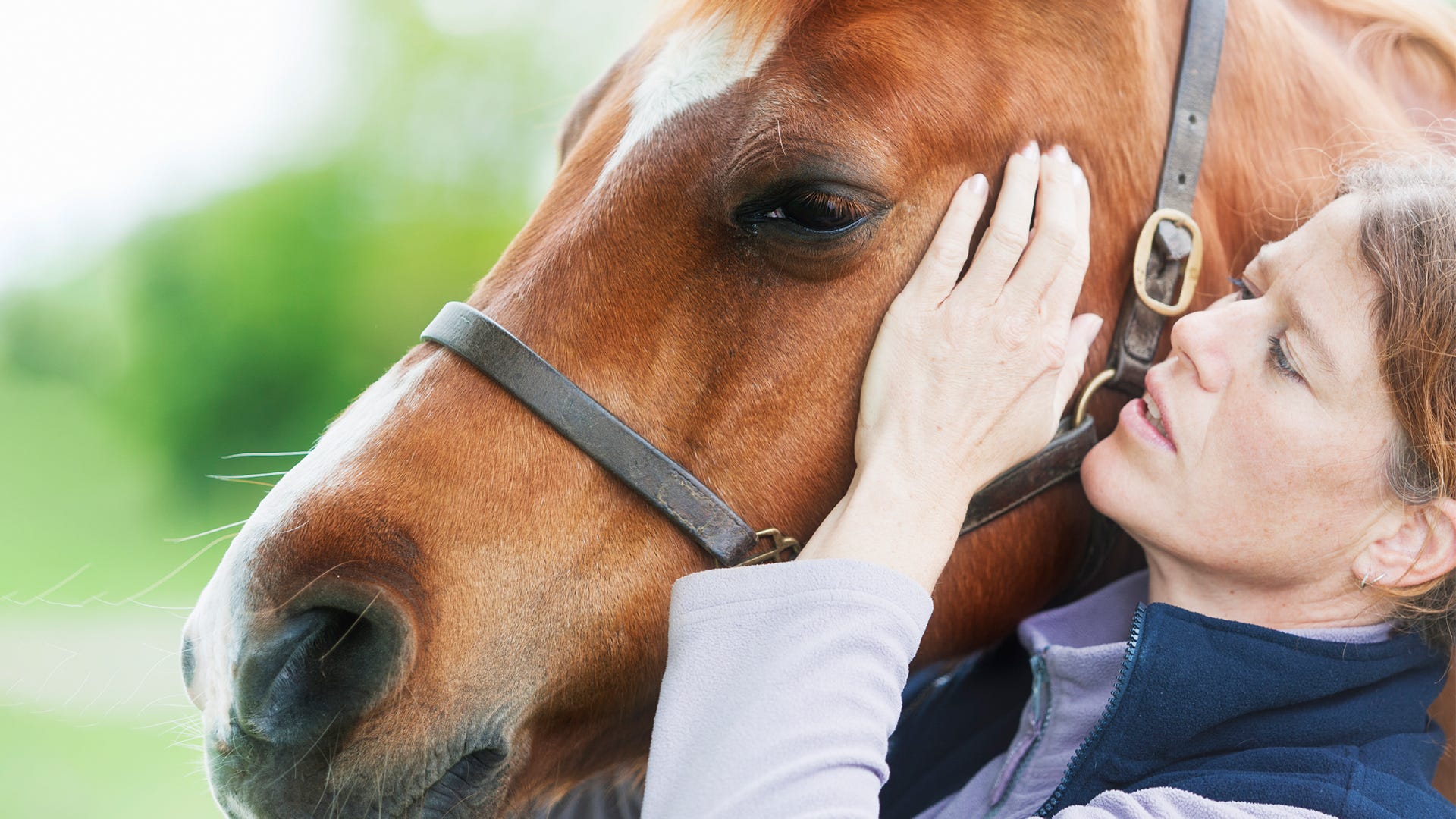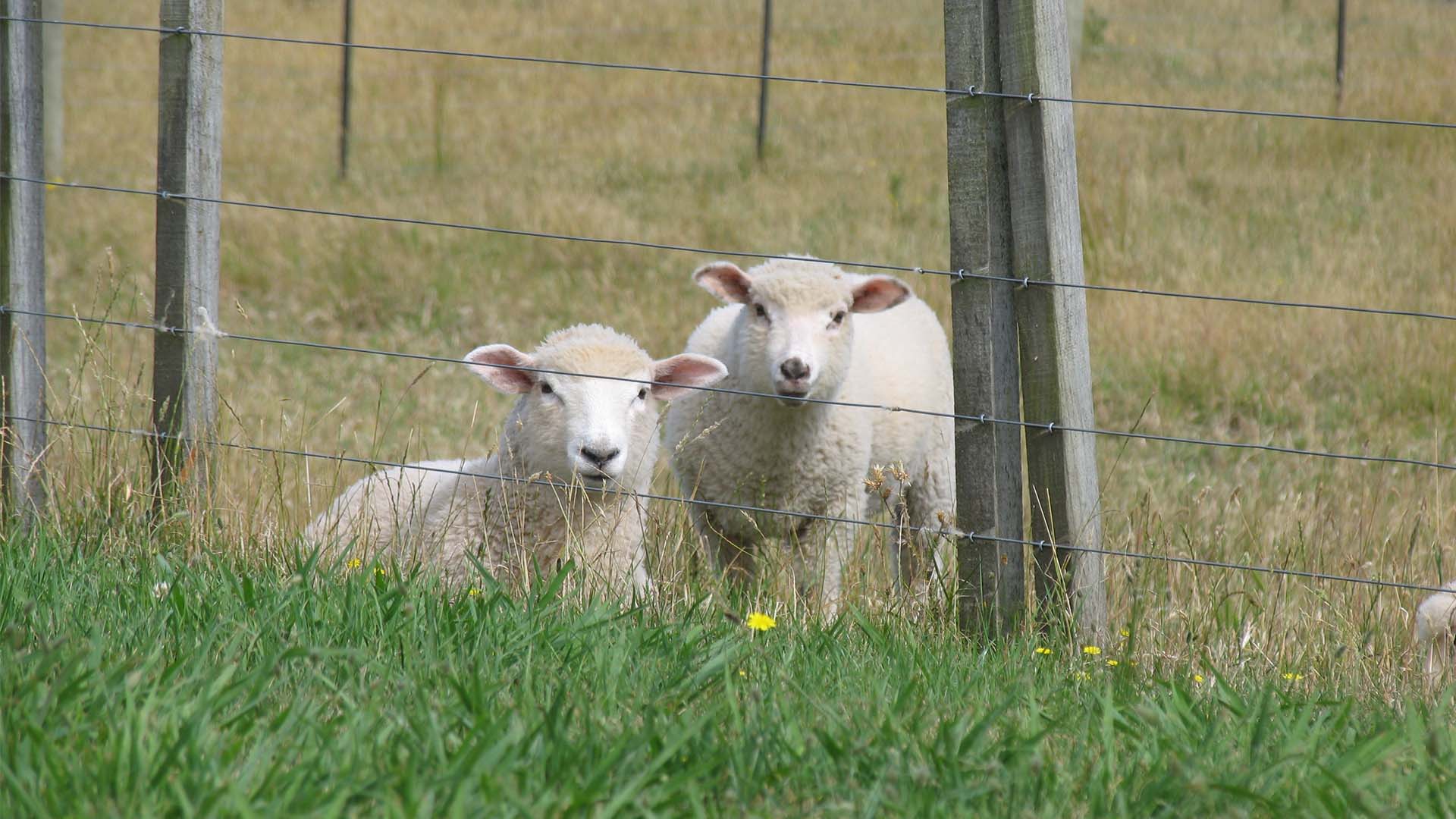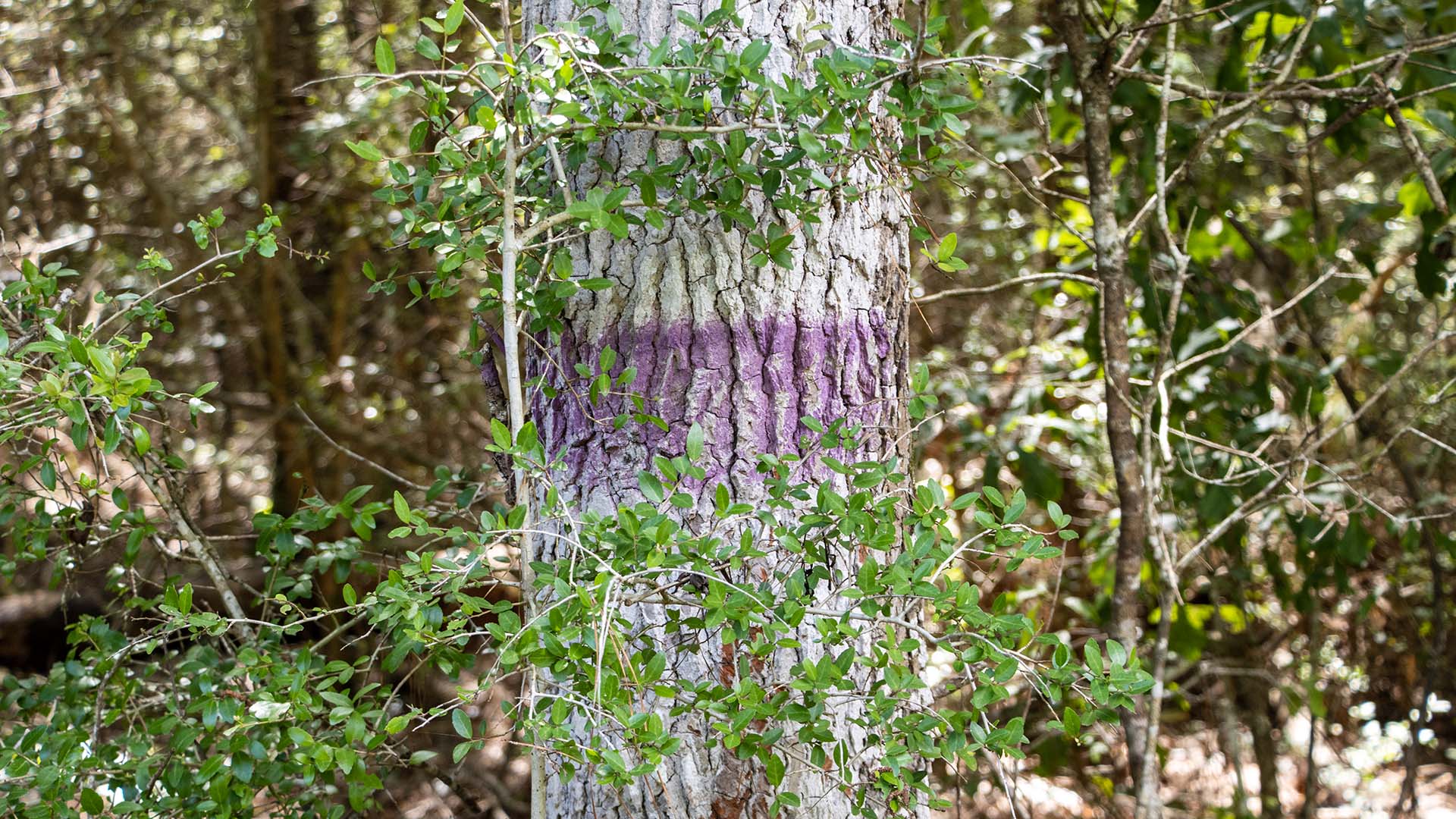
Taking a cue from human fitness training, massage has become an increasingly popular therapy for horses—whether for the equine athletes competing in races, shows and rodeo, or for the weekend pleasure rider. Ancient Romans, Chinese and Greeks appreciated the benefits of massage and commonly practiced it on their mounts. These days, horse owners report noticeable equine massage benefits, including:
- Relaxation of muscle spasms
- Reduced muscle stiffness and soreness
- Reduced muscle swelling
- Increased flexibility, range of motion and stride length
The Science of Massage
Sixty percent of a horse’s body mass is muscle, so proper muscle health is essential to a horse’s overall health and performance. Massage increases circulation, delivering fresh oxygen to all body parts, and helps loosen “knots”—muscle fibers that are contracted due to overuse or injury—so the horse’s muscles can work more efficiently. When a muscle becomes over-worked or strained, general stiffness may result initially. If left untreated, it can lead to strain on adjacent muscle tissue, connective tissue and tendons. Addressing these issues early on can help prevent more serious injuries from occurring.
Is Your Horse Stressed Out?
Just like humans, horses feel stress. Massage helps horses experience relaxation, and some owners claim, improved focus. Massage is also thought to help calm nervous horses or horses in unfamiliar surroundings or stressful conditions.
Equine Massage Translated into Benefits to the Horse Owner
Whether you ride horses for pleasure or performance, equine massage may make a difference in your time spent in the saddle. Your horse may be able to move more efficiently, to perform better and achieve more. Your horse may recover more quickly from workouts, so your horse may be more happy and willing to comply, making your ride time more pleasant for you, too. Some horse owners have even claimed regular massage has decreased their vet visits and costs.
Proceed Slowly
If your horse has been injured or is recovering from surgery, be sure to clear the use of massage with your vet first. And, of course, massage should never be seen as a substitute for proper veterinary care. Use care when selecting a massage therapist for your horse. Animal massage regulations vary greatly from state to state. Some states have no regulations, while some only permit veterinarians to practice equine massage, or require that horse massage must be under veterinarian supervision. No matter where you live, you are always permitted to learn equine massage techniques and perform them on your own horses as you like. Both you and your horse will benefit.



